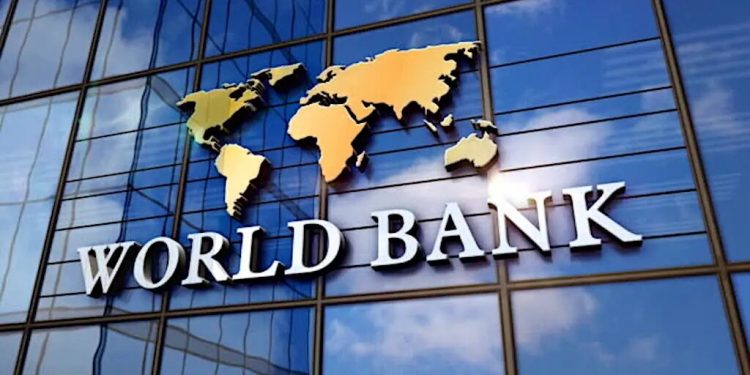The Ministry of Trade and Investment, in collaboration with the World Bank and the Nigeria Shippers’ Council (NSC), has highlighted the necessity of simplified trade processes at seaports and across states and regional borders to drive economic growth.
Enhanced National Trade Facilitation Committee’s Visit
During the visit of the Enhanced National Trade Facilitation Committee and World Bank representatives to the NSC in Lagos, Dr. Doris Udoka-Anite, Minister of Trade and Investment, underscored the critical importance of harmonized and standardized trading procedures. Represented by Assistant Director Dr. Brenda Max-Nduagube, Udoka-Anite emphasized that streamlined trade processes are vital, particularly for small and medium-sized enterprises (SMEs).
Importance of Trade Facilitation
Dr. Max-Nduagube noted that trade facilitation discussions are increasingly prominent at various levels, with the National Trade Facilitation Committee (NTFC) playing a significant role in creating a business-friendly environment for SMEs. This enhances competitiveness and growth potential, leveling the playing field for businesses venturing into global markets.
World Bank’s Role
The Minister commended the World Bank’s consistent support and collaboration, which have been instrumental in advancing Nigeria’s trade facilitation goals. This partnership aligns with the Ministry’s mandate to ensure prosperity in industry, trade, and investment. The World Bank’s team, led by Aleksandar Stojanov, aimed to understand daily operations, inspection processes, and trade bottlenecks to identify policy options for seamless trade.
Stojanov highlighted the importance of improving competitiveness and domestic value addition for Nigeria to leverage regional trade agreements like the African Continental Free Trade Agreement (AfCFTA) and other international agreements. The World Bank’s fact-finding mission will guide their dialogue on reducing dwell time and enhancing trade processes, supporting state-level trade operations and export promotion.
Nigeria Shippers’ Council’s Role
NSC Executive Secretary, Pius Akutah, emphasized the Council’s pivotal role in trade facilitation in Nigeria and West Africa, as a member of the ECOWAS Trade Facilitation Committee and collaborations with international groups like USAID and Global Shippers’ Forum.
Akutah detailed the NSC’s efforts to reduce transport bottlenecks and facilitate local and international trade through tools like inland dry ports and complaint centers. The Council also focuses on formalizing informal trading activities along border corridors, working with Nigeria Customs Service and other stakeholders to establish Border Information Centres.
Ongoing and Future Collaborations
The NSC assured ongoing partnership with the World Bank, the Ministry of Trade and Investment, and the National Trade Facilitation Committee to improve trade and related activities. This collaboration aims to foster a more integrated and efficient trade facilitation framework, contributing to Nigeria’s economic growth.










